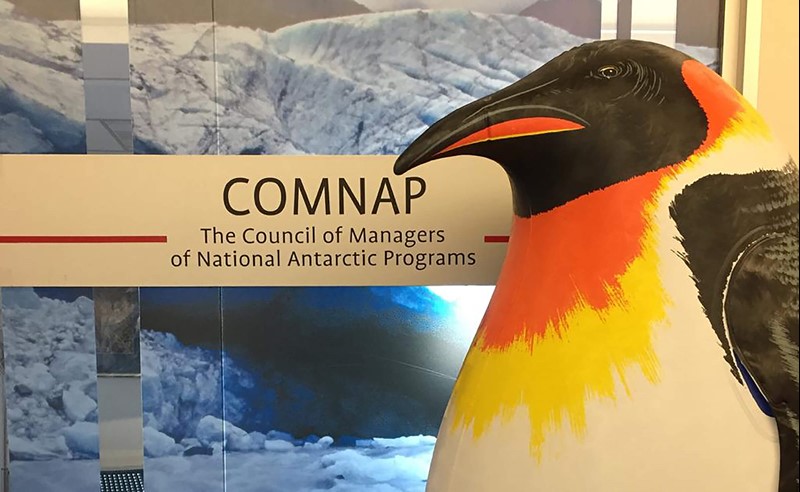COMNAP Executive Secretary Michelle Rogan-Finnemore discusses what is being done to keep Antarctica COVID-19 free.
It’s likely you will have seen the headlines, “Antarctica last COVID free continent on earth!” and “How scientists are living in Antarctica COVID free” and so on. However, given what we have seen happening globally, we know being COVID-19 free is a difficult title to hold onto. This is true, even in Antarctica, where, right now, there are 41 winter-over research facilities, operated by 27 countries, that have a total winter-over population of 1,020 people spread over an area nearly twice the size of Australia.
As a community, COMNAP Member programmes spent much of the past few months ensuring the well-being of their Antarctic expeditioners, by proactively addressing the challenge that the coronavirus presents.

That is, how do we transfer passengers and cargo from 30 countries into Antarctica for the winter-over period, through five gateways, by air and by sea, and how do we ensure we do not introduce the virus into a continent that is the last to be COVID-19 free? National Antarctic programmes also struggled with the logistics around getting their summer personnel out of Antarctica and safely back to their home countries right at the point in time when most countries were closing their borders.
As the WHO was declaring a global pandemic on 12 March, the COMNAP ad hoc committee on COVID-19 had already begun development of recommendations to Member national Antarctic programmes, which were completed on 16 March and sent to all Members. They provide guidance from our medical experts on keeping Antarctica COVID-19 free and, if that should fail, on ways to respond in an isolated environment with limited pandemic response capabilities to a potential wave of sick individuals.

Now with the continent in winter-over mode and with no COVID cases on Antarctic research stations, we continue to ensure we are upholding the title of “Last continent to be COVID free”. Already, we are planning in anticipation for the start of the Antarctic summer research season 2020/21 with a level of uncertainly as to what the global COVID-19 situation might be in five months’ time.



